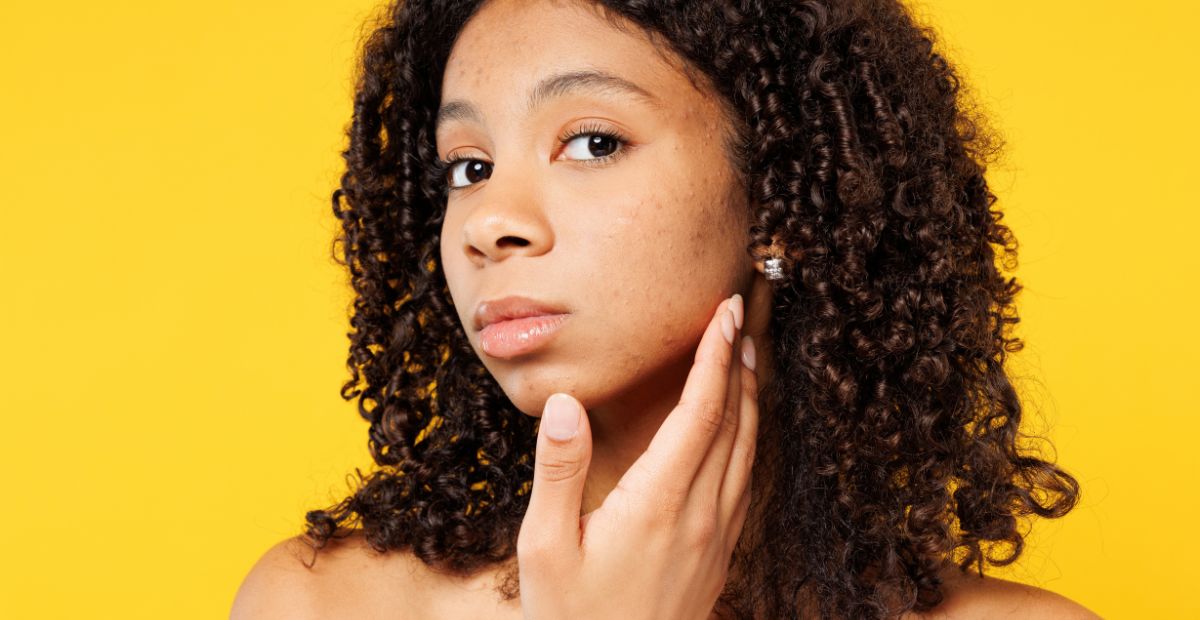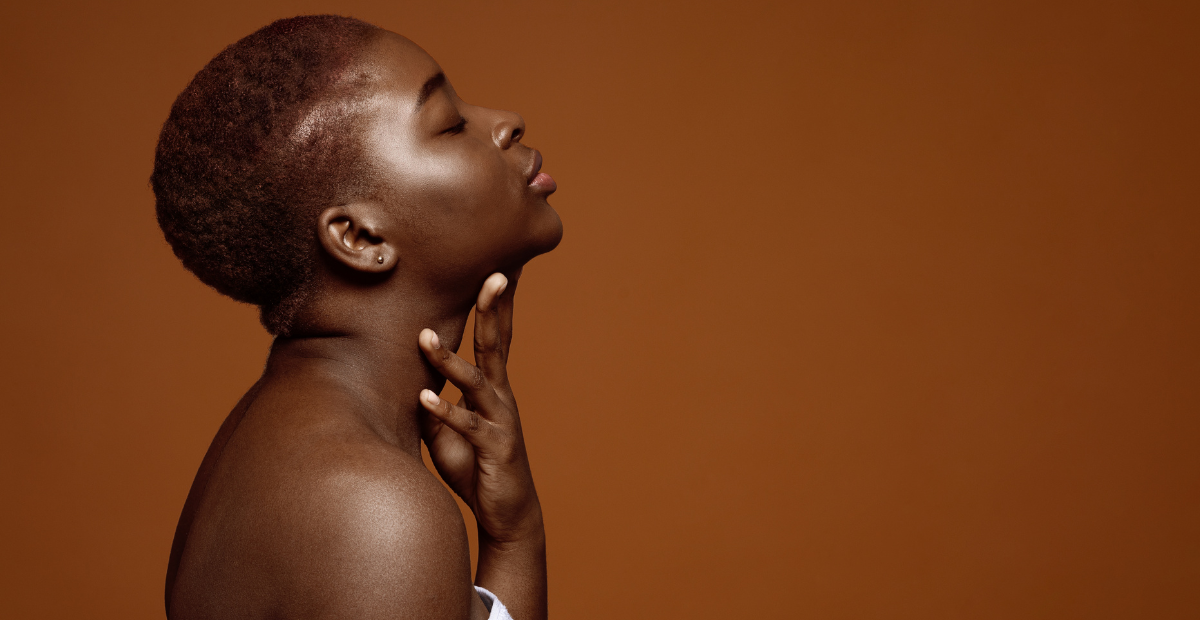What Makes Acne Worse: 8 Habits to Avoid
Onskin Content Team
Your guides through the skincare chaos
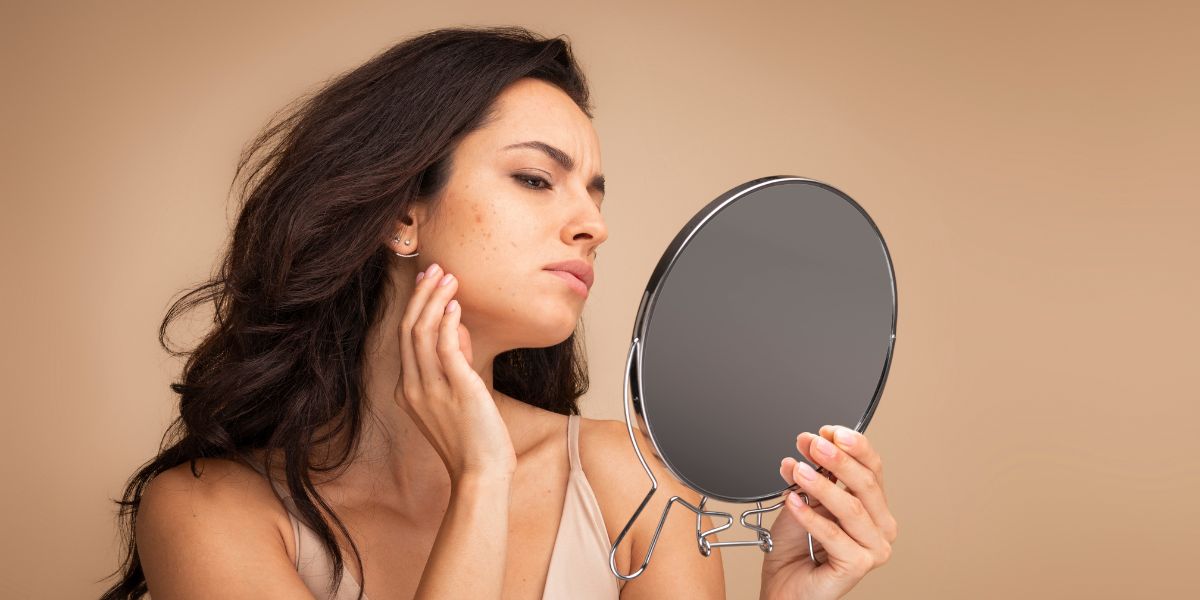
Be it a random zit or a full-on breakout, they’re always uninvited guests on your skin. You could be trying everything to clear them up, but they just keep coming back. It’s like your face is hosting a never-ending pimple party. How do you stop it?
Here’s the answer: what makes acne worse might be hiding in your daily habits. It’s not just hormones or bad luck at play. Simple actions, like touching your face or using the wrong products, can turn a tiny pimple into a major issue. These are 8 common habits to avoid if you want to end “my acne is getting worse” for good. Time to dig in!
Popping Pimples
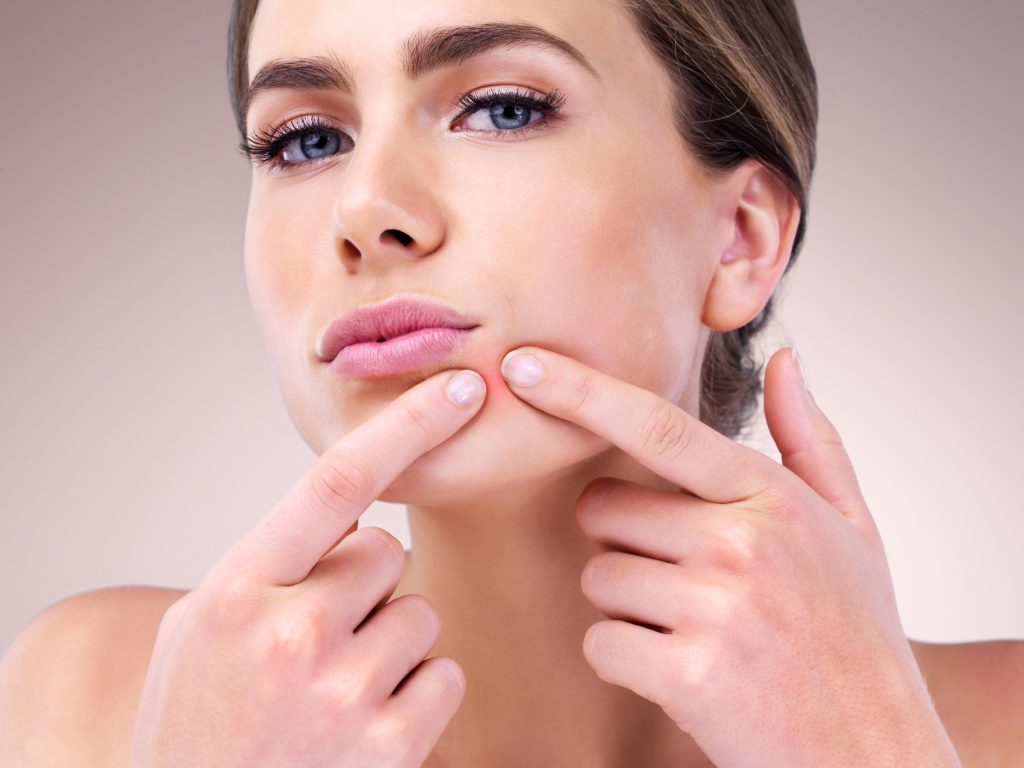
Let’s be honest—we’ve all stood in front of the mirror, tempted to pop that pimple. But it’s a huge no-no if you’re trying to ditch what makes acne worse.
Squeezing a zit can push bacteria and gunk deeper into your skin, resulting in more inflammation, scarring, and yes, more acne. So, next time when you’re wondering, “Why is my acne getting worse?”, this could be a big reason.
Instead of popping, apply a spot treatment and let it work its magic.
If you can’t resist the urge to squeeze a zit, start with a guide on which pimples are safer to pop and how to do it carefully. However, if yours is a deep and painful breakout, leave it to a professional.
Overdrying Your Skin
It’s easy to think that drying out your skin will help get rid of acne, but the opposite is often true.
When your skin gets overly dry, it’s actually more prone to irritation, which can lead to more breakouts. Using harsh astringents or skipping moisturizer is a major no-go.
Instead, stick to the proper skincare for acne. Use acne treatments as recommended and always follow up with a moisturizer designed for acne-prone skin. Your skin needs a balance of moisture and treatment—not an oil-free desert.
Using Comedogenic Products
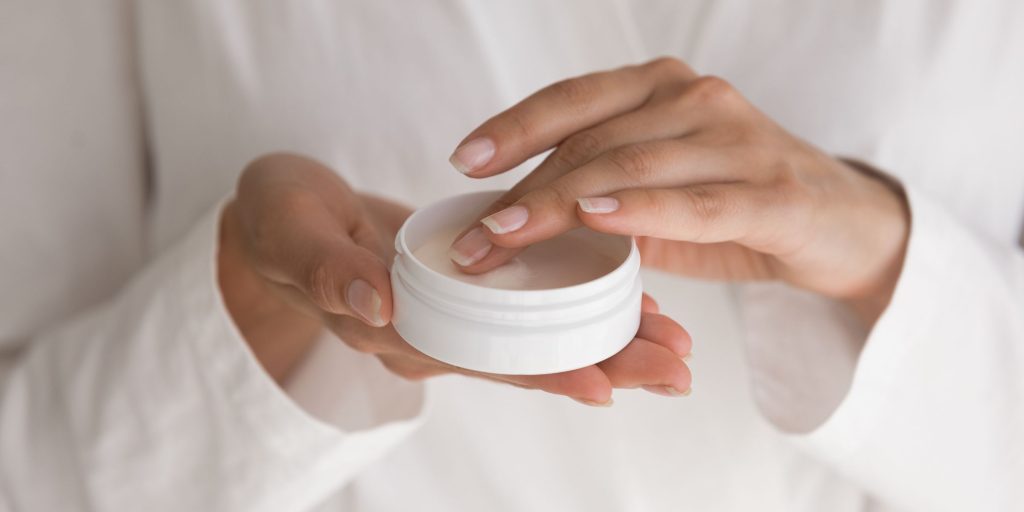
We love makeup and skincare products, but not all of them love us back—especially if they’re comedogenic. That’s a science-y way of saying they may clog your pores, and clogged pores are acne’s BFF.
What exactly might trigger those pesky breakouts? Oils, thick creams, and certain ingredients like myristyl myristate or sodium chloride can be culprits. To steer clear, check the labels and opt for products that say “non-comedogenic.”
Don’t want to decipher every label? Use a simpler alternative—scan your products with OnSkin. The app will tell you if your scanned item has anything that could clog your pores. It’ll also pinpoint all beneficial actives in the formula.
Switching Treatments Rapidly
Ever try a new acne treatment and, after a week of seeing no results, move onto another hoping it’ll be “the one”? Been there, done that. But here’s the deal—acne treatments take time. Think of it like dating; you can’t know if someone’s “the one” after just a week. Same with your skin!
Constantly switching treatments can irritate your skin and actually make your acne getting worse. What you need is a little patience. Stick with a product for at least 6 to 8 weeks. If it doesn’t show results, then it’s time to move on. Your skin needs consistency, not confusion.
Sleeping in Makeup
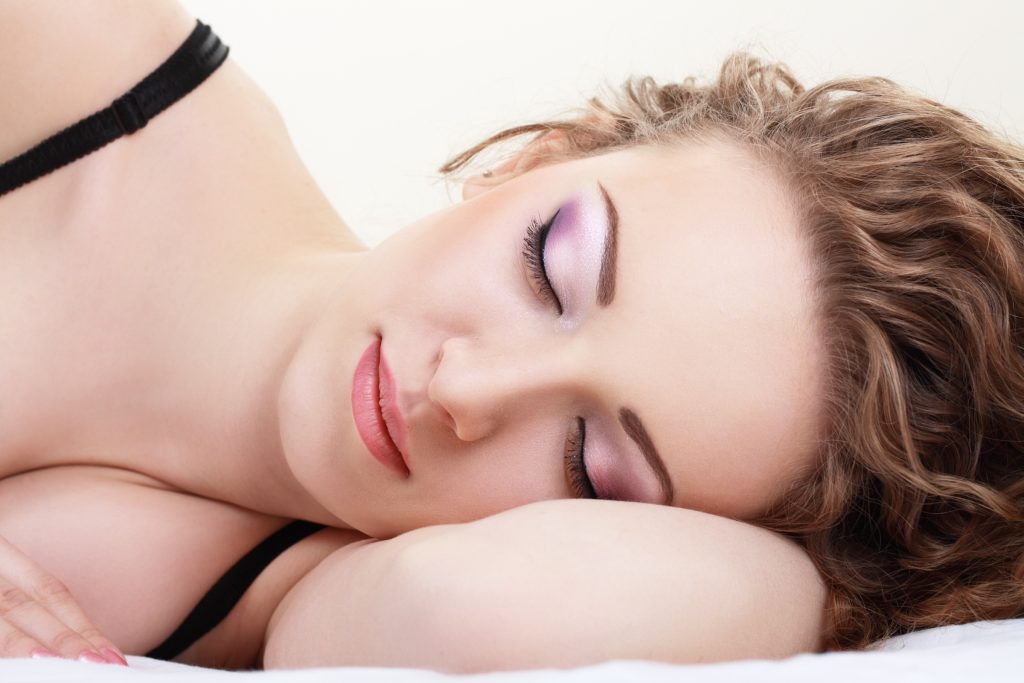
We’ve all been guilty of it—falling asleep with our makeup on after a long day. But sleeping in makeup is one of the worst things that cause acne.
Even if your makeup claims to be “skin-friendly,” it can still trap oil, dirt, and bacteria against your skin, leading to breakouts. The longer it stays on, the more it disrupts your skin’s natural recovery process, worsening the situation.
It’s crucial to let your skin rest and recover, so never forget to take off your makeup before bed. Keep non-clogging makeup wipes by your bed for those nights when you’re too exhausted for a full cleanse.
And next time you or your friend asks, “Does makeup make acne worse?” remember that the answer is a resounding yes, if you don’t take it off before bed.
Using Dirty Towels and Pillowcases
You wouldn’t rub dirt back onto your clean face, right? That’s basically what happens if you use a dirty towel. Bacteria and grime build up on used towels, and when you reuse them, you’re putting all that dirt back onto your skin.
The same goes for your pillowcase—it might seem clean, but it’s hiding oils, bacteria, and dead skin cells. Gross, right? These can all contribute to acne, especially if you’re prone to breakouts.
To avoid this, be sure to use a clean towel to gently dry your face after each wash. Also, make it a habit to change your pillowcase weekly. And you’ll never have to ask yourself what makes acne worse again.
Touching Your Face

Have you ever caught yourself touching your face during the day? It’s a habit many of us do without thinking. Here’s the catch: our hands come into contact with all sorts of surfaces, picking up grime and bacteria.
When you touch your face, you transfer all that gunk onto your skin, which can clog your pores and trigger breakouts. It’s a habit that can definitely make acne getting worse.
Try to be more mindful about keeping your hands away from your face. And if you need to touch up your makeup or scratch an itch, make sure your hands are clean.
Eating the Wrong Foods
Let’s face it, we all love a good carb-heavy meal or sugary snack, but your skin might not. High glycemic foods, such as white bread, sweet treats, and soda, can spike your insulin levels, which could trigger more breakouts. While the science is still out on how much diet really affects acne, there’s no harm in cutting back on sugar and refined carbs.
After all, what makes acne worse could be more than just your skincare routine—it might be those diet choices too. Your skin—and your waistline—might just thank you.
The Final Brushstroke
So, there you have it—the everyday habits that could be the answer to what makes acne worse. From switching treatments too quickly to sleeping in makeup, these are all things we might do without thinking about how they impact our skin. It’s easy to fall into these traps, but now that you know what’s up, you can make better choices. Your skin deserves it.
FAQ
-
Where do I start with OnSkin?
Download the app and think of a product you’d like to know more about. Then, go to the main screen and choose how you’d like to get the info —by manually looking it up in the search bar, by scanning its barcode, or by simply taking a picture of the packaging. Once you’ve done any of these, you can see how safe the product is and if it suits your skin or hair (if this analysis is available).
-
What is Safety Rating, and how is it calculated?
In OnSkin, we base product rates on ingredients. Each is closely studied by our medical team and then evaluated. This way, each product gets a score from 0 to 100, with 100 as the safest level.
Safety Levels
- Excellent (76–100)
- Good (51–75)
- Not great (26–50)
- Bad (0–25)
These scores are backed by the latest scientific studies. You can find links to the resources we’ve used on each ingredient page. To assess the safety of product ingredients, we evaluate them according to the following parameters/criteria
- Endocrine disruption risk / Reproductive toxicity
Indicates the probability of mimicking, blocking, or interfering with the body hormones.
- Сarcinogenicity
Measures the potential risk of inducing cancer.
- Allergy risk
Estimates the probability of an allergic reaction.
- High concentration alert
Determines the risk of being unsafe in certain amounts.
-
What is Skin Match?
Based on the info you input about your skin type, age, skin care goal, and other “settings,” OnSkin checks how well a product is tailored to your unique skin needs — it’s basically like a dermatologist helping you find the right products, minus the fees and the long wait. The product you’re checking might be labeled as It’s a match!, Hit-or-miss, or Not a match for you. The app also detects ingredient groups such as Anti-acne, Anti-inflammatory, Moisturizes, May be drying, Comedogenic, and others — by tapping one, you see exactly what ingredients from this or that group are in the product.
-
I seem to have a problem with using the app. Who should I contact?
Please reach out to us at [email protected], and we’ll carefully look into your issue. Your ideas for improving the app are also very welcome!
-
Do you have an Android version?
Not yet! Hey Android users, we hear you, and we're thinking about making an Android version, but we haven't started the development yet.
Tracker Sent!
It’s on the way to your inbox.


